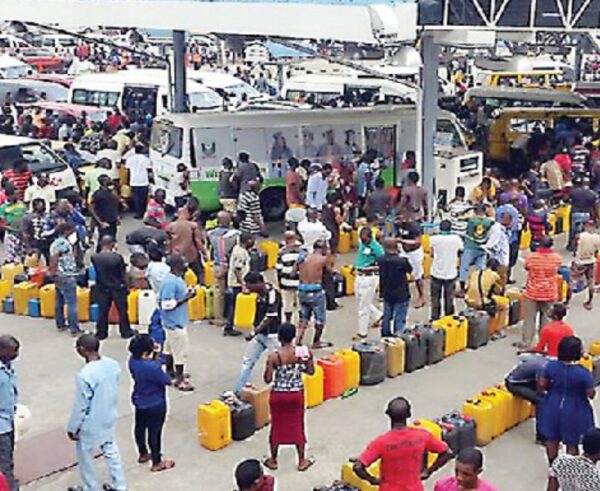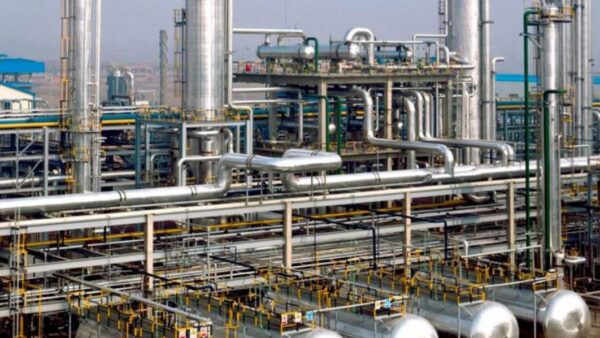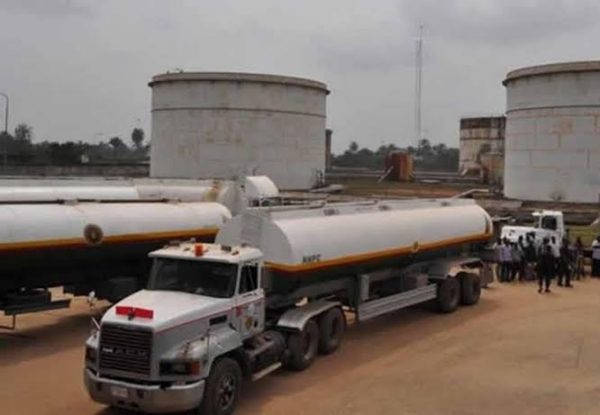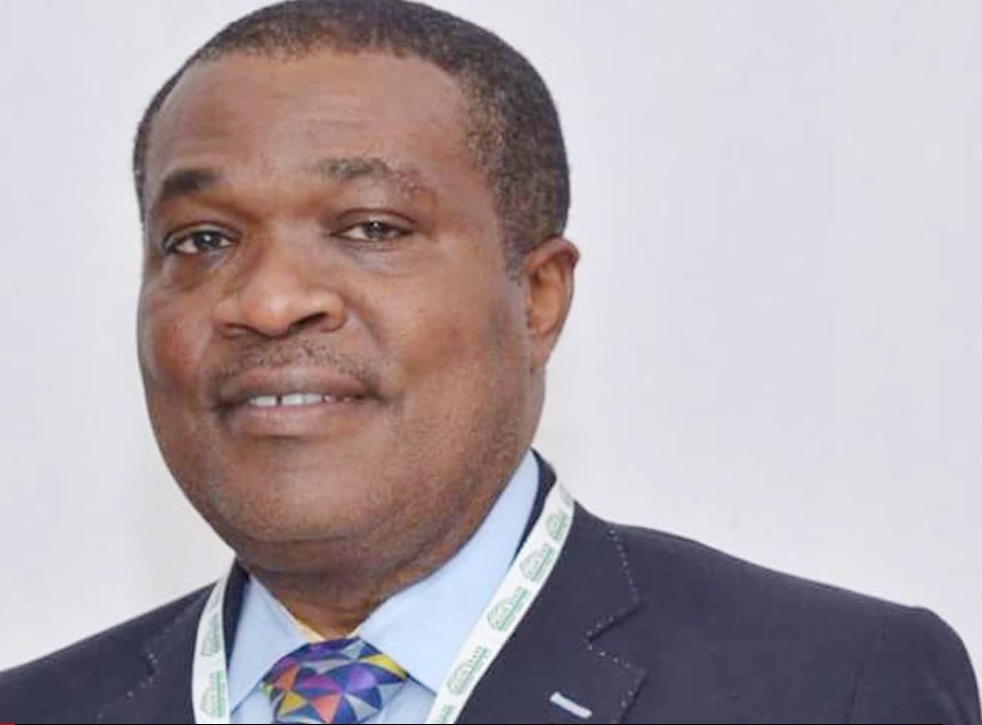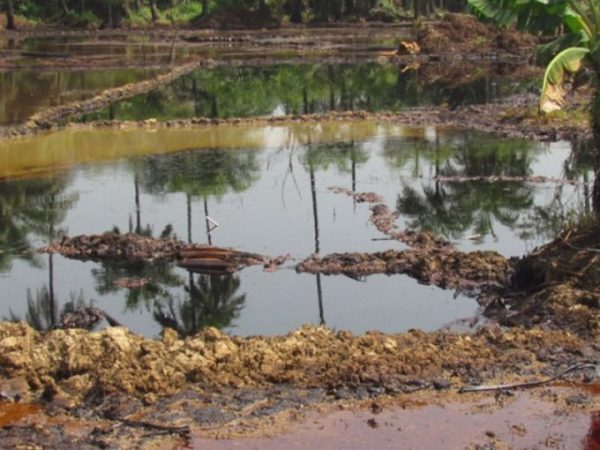‘Why oil vandals outsmart protection techniques’
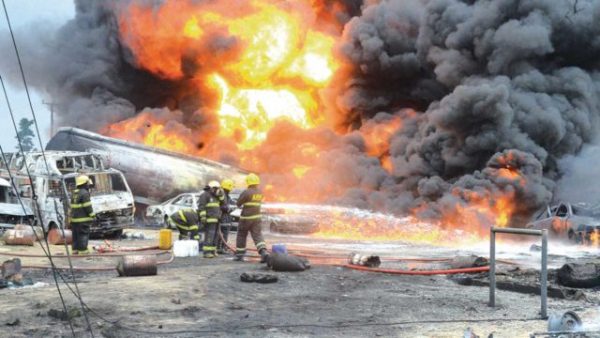 • Pipeline explosion kills two burns 30 vehicles in Lagos
• Pipeline explosion kills two burns 30 vehicles in Lagos
• We’re exploring modern methods to curb menace, says NNPC
• Expert laments absence of leak detection system in Nigeria
The continued vandalisation of oil assets in Nigeria has again raised questions about the integrity of such facilities and the most efficient ways to safeguard them.
This came on the heels of yesterday’s pipeline fire in the Ijegun area of Lagos State which killed two persons, destroyed dozens of vehicles, and left 12 persons injured.
The inferno, which began 5:00 a.m., raged for 11 hours before it was put out by officers of the Lagos State Emergency Management Agency (LASEMA) and Lagos State Fire Service.
The Nigerian National Petroleum Corporation (NNPC) blamed the incident on subversive activities by vandals and residents, regretting that oil thieves were outsmarting techniques being deployed by oil firms.
This claim was corroborated by LASEMA’s chief executive officer, Femi Osanyintolu, who said the blaze followed the activities of “some vandals engaged in bunkering at Fire Junction, Ijegun, near where an NNPC pipeline was buried.”
According to NNPC’s Group General Manager (Group Public Affairs Division), Ndu Ughamadu, the corporation is currently finding a modern approach to the recurring cases of vandalism, especially laying pipes deeper in the ground.
“We are not in charge of security. We are doing our jobs to lay the pipes and pump fuel. On laying the pipeline deeper, we have done that through modern technology and we have engaged local communities in addition to what the security agents are doing. But you find out that as we perfect our plans, so this vandals equally do theirs,” he said.
But Dr. Ndubuisi Nwokolo, Senior Policy and Research lead at Nextier SPD (Security, Peace, and Development), insisted Nigerians must interrogate International Oil Companies (IOCs), NNPC and other players on the reliability of pipelines across the country.
It is easy to blame vandals for previous attacks, he said, but it is unclear if other reasons such as valve or pipeline leakages might not be worsening the situation.
“Our country has sets of regulatory agencies that fail in their roles. Between faulty leaking pipes and valves, and deliberate attacks on these pipelines, we are not sure as we are not holding the oil companies and NNPC to account on maintenance of the pipelines,” he explained.
Nwokolo noted that pipeline vandalism could continue until the country develops a community security strategy. And to NNPC’s claim that such is already in place, Nwokolo said the commission’s approach is not tactical.
“It was a system where people were just awarded contracts especially as part of the amnesty package. This rather fuelled more conflicts and pipelines vandalism and illegal bunkering, particularly by those not included in the surveillance contract.
“But if such contracts were awarded directly to the communities, who will employ people from their communities, pay them and keep the profit made for the entire community, it will produce a different result as it creates ownership, inclusiveness and the zeal to protect a common goal,” he said.
Director General of the Lagos Chamber of Commerce and Industry (LCCI) Muda Yusuf also urged oil firms and the NNPC to review strategies deployed in protecting oil assets.
According to him, it was high time operators explored technology to address the security concerns while deepening efforts with the host communities.
Similarly, the chairman, Oil Producers’ Trade Section, Paul McGrath, urged operators to collaborate on security and shared services to protect assets and reduce production costs.
On his part, Alfred Apkovieta Susu, emeritus professor of chemical engineering, University of Lagos, lamented that Nigeria as a major oil-producing country does not have the mechanism for detecting leakages, hence incidents are not discovered in good time.
Susu, alongside his doctoral student, Mr. Kingsley Abhulimen, had won The Nigeria Prize for Science award for developing ‘Real-Time Computer Assisted Leak Detection/Location Reporting and Inventory Loss Monitoring System,’ an advanced form of leak detection system.
Reacting to the Ijegun tragedy, Susu described not having a leak detection system as akin to driving a car without an insurance policy.
“Siphoning fuel is a very dangerous thing,” he said, “as it puts lives in danger. These are very volatile liquids. Sadly, the country doesn’t have a leak detection mechanism. It alerts a control centre and tells you where and how large the leakage is. It doesn’t stop vandalisation, but it alerts to early solution of the problem.
“Nigeria has not tried to buy it; the technology is available in the world. Nigeria should have a leak detection system. Why doesn’t Nigeria have it set up?”
Prof. Susu says it amazes him that things that are often taken for granted elsewhere become difficult to implement once Nigeria is involved, even as he blames a culture of mediocrity.
The Senate meanwhile expressed grief yesterday over the killing of over 50 people in Benue State, following the explosion of a petrol tanker in Gwer East Local Government Area.
This followed a motion sponsored by Emmanuel Oker-Jev (PDP, Benue) tagged, “Benue Tanker Explosion: Urgent Need To Curb Incessant Explosions Of Petroleum Tankers In Nigeria.”
Oker-Jev, in his lead debate, said that over 100 people who sustained injuries were battling for survival in hospitals across the state.
The chamber called on the National Emergency Management Agency (NEMA) to assist the affected persons speedily.
The Guardian



